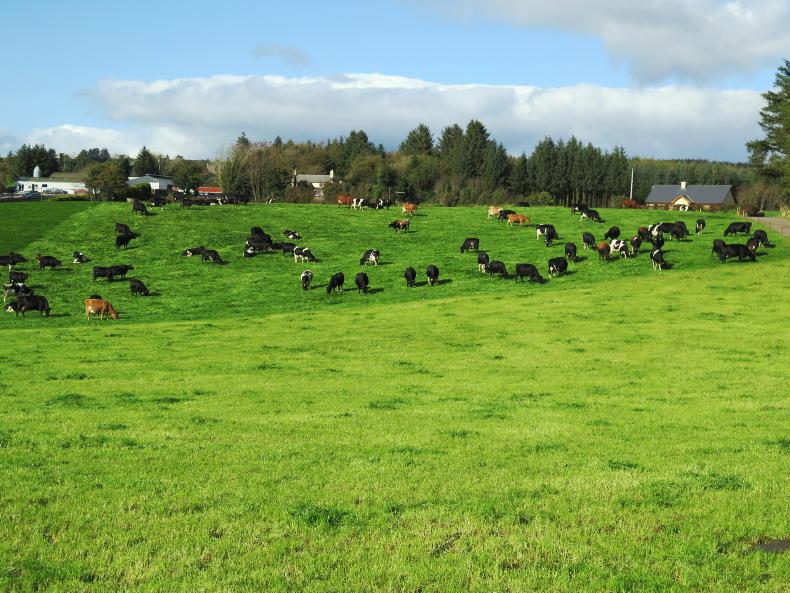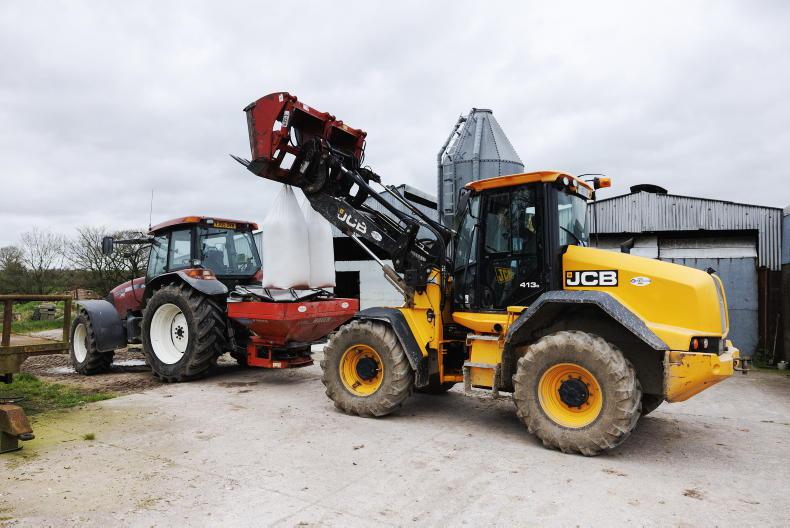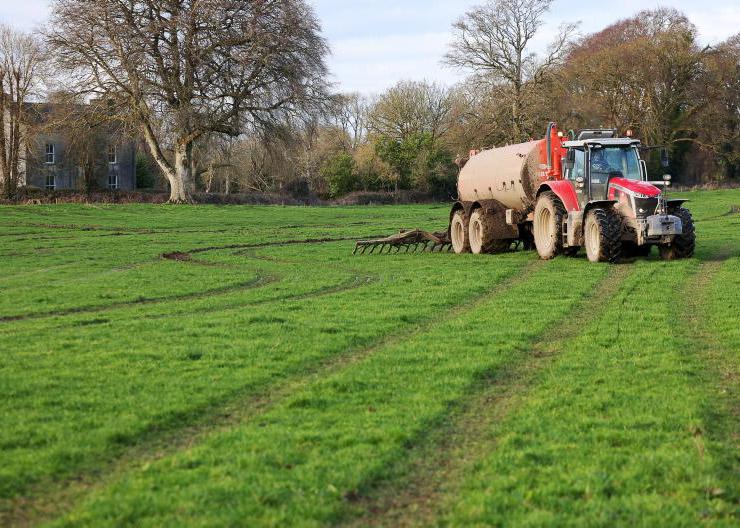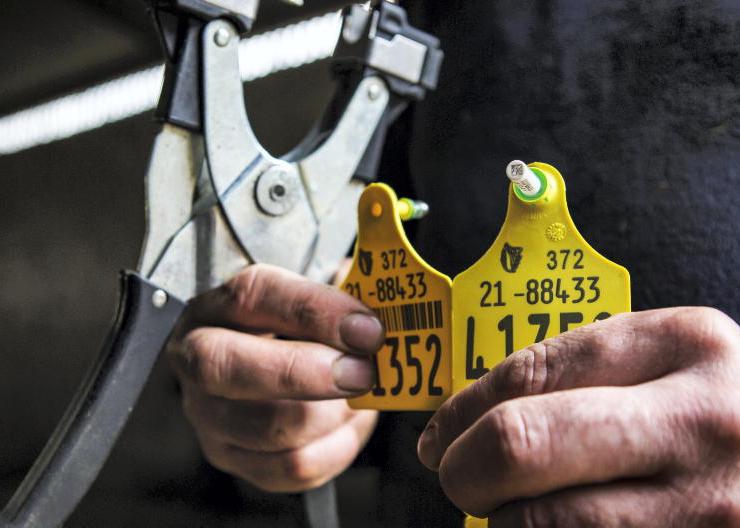Lime: A couple of farmers have been in touch to highlight the dangers of handling and spreading cubicle lime. Lime, particularly hydrated lime is very caustic so eye, face and hand protection should be worn at all times when handling it. If lime gets in contact with your eyes it can have very serious consequences. I know of one case when a near-empty bucket hopped off the ground and the small quantity of lime in it was flung into the farmer’s eyes. If lime gets into your eyes, flush with large quantities of water immediately and seek medical help. A dust mask with respirator should also be used to prevent inhaling lime particles.
Soil sampling: We are approaching the time of year for soil sampling. For accurate results, phosphorus and potassium should not have been applied in the three months prior to sampling. For mid-December sampling, this means no P or K, including what was in slurry should have been spread after mid-September. Where slurry was spread up to closing date in mid-October, soil sampling should be delayed until mid-January. Farmers can always do some of the farm now and the rest later. In an ideal world the samples should be taken and the report received back before the cows start calving to allow time to interpret the results and put a plan in place to correct soil fertility.
Where lime was spread in the last two years, the soil pH reading may not be accurate. With the drier weather, some farmers have been able to get lime spread on low-pH fields. Farmers in derogation, whose nutrient management plan for 2020 stated there was a lime requirement, are supposed to have 50% of this lime spread in 2020. Keep all receipts for lime purchases. If submitting soil samples as part of the Nitrates Derogation, the minimum requirement is one sample for every 5ha. By right, a soil sample should be taken for every paddock on the farm.
Grass: A closing grass cover should be completed now if not already done. Historically, improving grassland management was seen as important from a production/profit perspective but it is increasingly being seen as key from a sustainability point of view. Yet, the number of farmers up to speed on technical aspects of measuring and budgeting is low. Applications are open for farmers to enrol in the Irish Farmers Journal grass courses for 2021. Feedback from previous participants is excellent. Those that take part a) enjoy it, b) learn the skills and c) make more profit/become more sustainable. For enquiries contact Stephen Connolly on 087-669 6490 or sconnolly@farmersjournal.ie
Fit to farm: Galway farmer Niall Callanan highlights some of the non-farming related issues in dairying today. He feels many dairy farmers are not getting a good work-life balance and are drifting into unsustainable work routines where stress and unhappiness will dominate. He highlights the importance of having interests outside of farming and worries that some people are too driven with only one objective.










SHARING OPTIONS